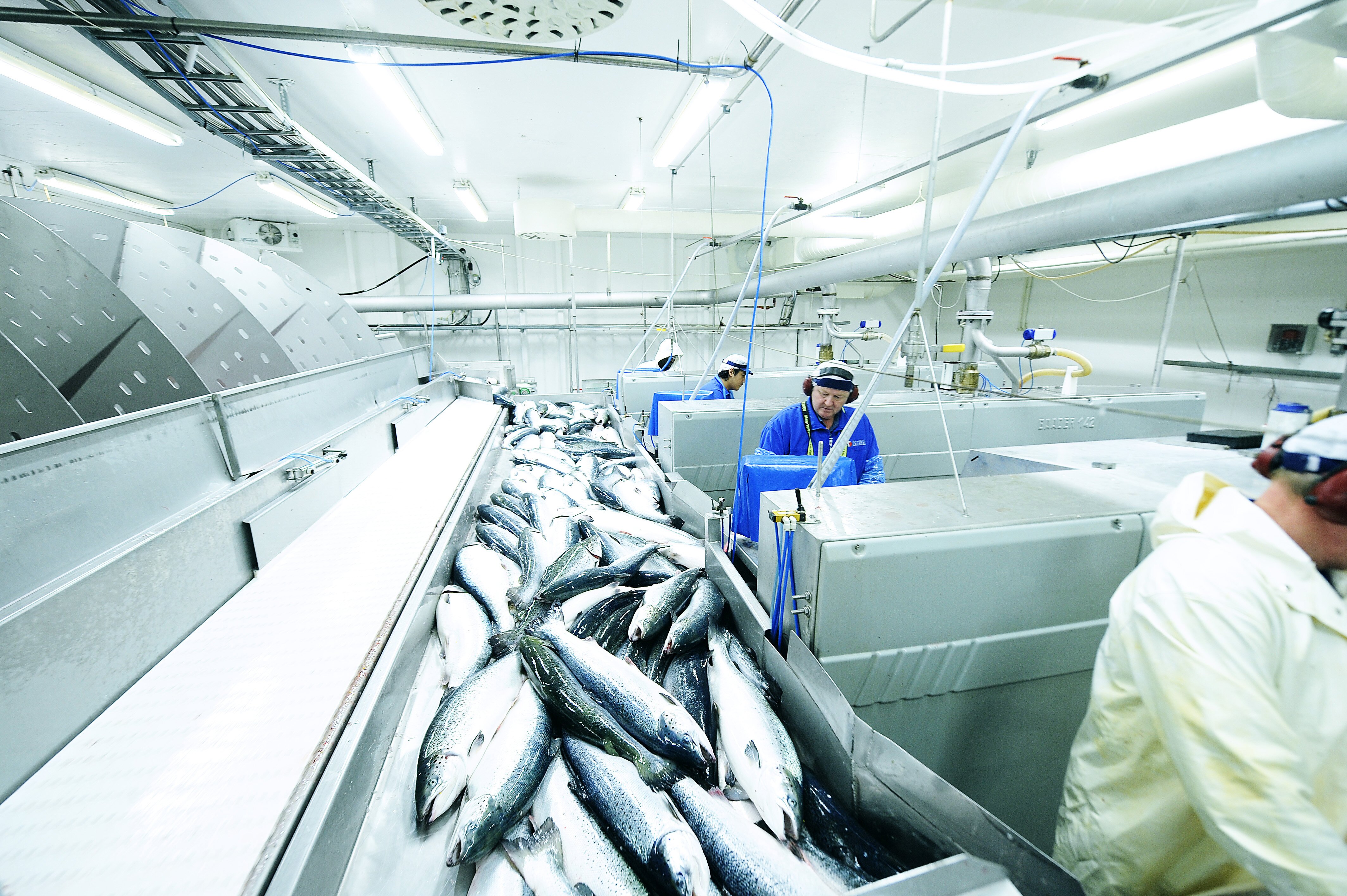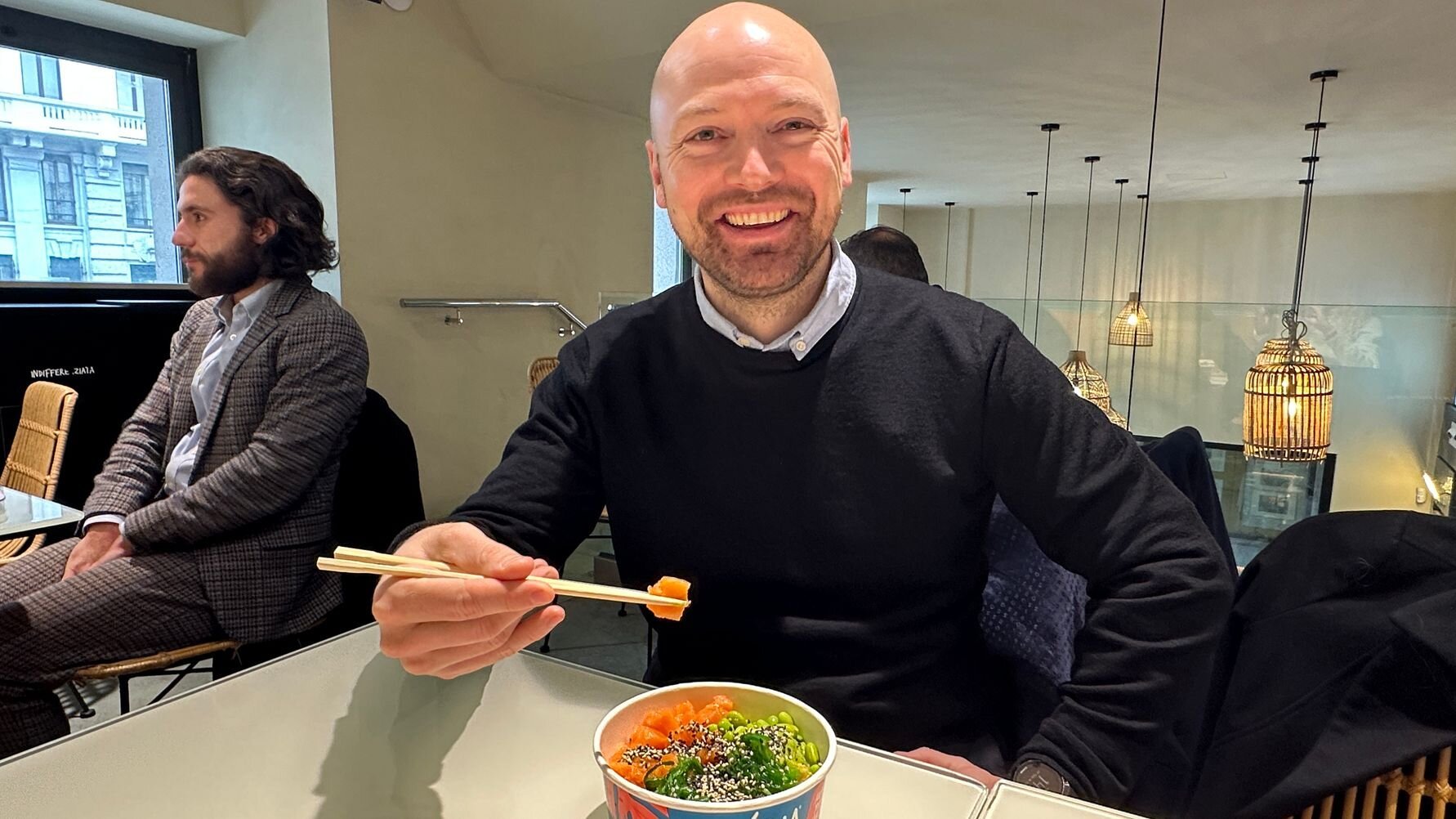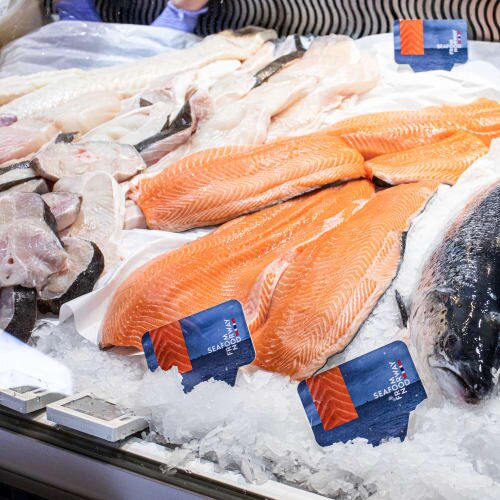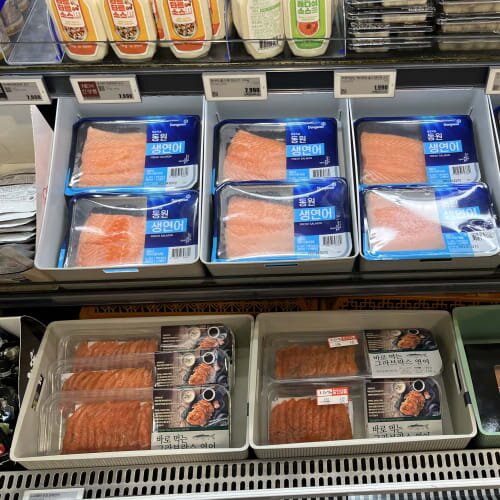Both wild fisheries and aquaculture are as food producers considered of critical importance to society. The Norwegian government and industry, along with the transport sector and other parts of the value chain, are working closely in a bid to maintain production and supply of Norwegian seafood.
Production and catches holding up
“We have seen a real drive to keep Norwegian seafood production and exports going amid the Corona pandemic. Producers and their customers all over the world are finding solutions and overcoming hurdles to deliver nutritious and top-quality seafood, despite the crisis. So far, production levels and catches are at a relatively normal level," says CEO of the Norwegian Seafood Council, Renate Larsen.
Many markets are reporting increased demand for processed and prepacked seafood, as well as products with longer sell-by dates, such as clipfish and frozen fish. The Norwegian industry has proven agile in adapting to these shifts in buyer preference and are turning their production to meet these needs.
Logistics are challenging; however, efforts are being made to maintain all shipments and cargo activities to ensure a steady supply of Norwegian seafood.
Read the NSC’s regular updates on the export status for our most important markets.
Fish and seafood from Norway are safe to eat
In a statement released on 14 March, The Norwegian Food Safety Authority confirmed that the Corona virus does not affect seafood safety:
“There are no known cases of contamination of the Corona virus via contaminated food or water. Based on what we know today of the contagiousness of the Corona virus, it is considered unlikely that infection from food and water can occur. Therefore, fish and seafood products from Norway are safe to eat,” the statement read.
Read the full statement from The Norwegian Food Safety Authority
Keeping a close dialogue with the industry, the governmental body is also maintaining capacity to handle border controls and issue export certificates for seafood and other products, ensuring that food safety controls are upheld.
Sustainability and critical research are not on hold
Elsewhere, The Institute of Marine Research, the biggest of its kind in Europe, has also taken measures to ensure that critical functions remain operative. While many of their employees are working from home, Director of Marine Research, Sissel Rogne, is making sure that the most important activities are being handled, such as data for advice on quotas and stock.
“The results from expeditions and assessments are of great importance for fisheries and cooperation with other nations. That is why we are doing what we can to keep operations running,” says Rogne in a statement on the institute’s website.




